Sonic Superstars Review (Switch) - Fast, Fun, and Focused Platforming
/I’ll never forget my 5th birthday. It was 1992, a nippy autumn in Minneapolis, Minnesota. My aunt had bought me a present and hidden it in the living room. I eagerly scoured the room as she and my Mom guided me by saying ‘hot’ or ‘cold’. My heart was pounding. Underneath the black beanbag was a SEGA Genesis and a copy of Sonic the Hedgehog. Little did I know that the course of my life was about to be forever altered. That was my first ever home console, and in no time, I became a Sonic superfan. I watched every show, subscribed to the monthly Archie comics, and still have my original Sonic and Tails plushies, the first ever released.
So it’s no exaggeration to say that the classic Genesis-era Sonic games were formative for me. I explored every nook and cranny of those games. I bought the Sonic 3 strategy guide and memorized every level. And when Sonic inevitably moved into the third dimension, the games retained their charm and sense of speed, but also lost something important, something intrinsically tied to the 2D plane - simplicity. Limiting the player’s movement to 2D allowed the fledgling Sonic Team to accomplish their stated goal of delivering a game that would serve as both a technical showcase for the Genesis and a “Mario-killer” to blow away Nintendo’s seemingly unstoppable plumber, and the recent Sonic Mania showcased how rich and filled with potential the 2D Sonic formula remains, at least when the right hands are there to guide it.
Reliving the ‘90s console war in 2023
Because 2023 has been another year of remakes, reboots, reskins, and rehashes, it’s only fitting that the early ‘90s has returned in a big way, with the SEGA-Nintendo war of mascot platformers going head-to-head once more. I am beyond pleased to report that Sonic Superstars throws down the gauntlet hard, quite literally taking over from where Sonic Mania left off, as it uses the same finely-tuned physics engine perfected by Christian Whitehead. For me, the momentum-based physics and outstanding level design make this one of the best-feeling Sonic games ever.
Inspired by the runaway success of Mania, Superstars was a collaboration between Sonic Team and Arzest, a studio founded by Naoto Ohshima, who designed Sonic and Eggman and directed Sonic CD. With Ohshima and longtime Sonic Team director Takashi Iizuka serving as producers, the developers had a clear goal in mind: to update classic 2D Sonic to bring the magic of Mania to a new fanbase, and hopefully create a new 2D lineage that can progress in parallel to the more experimental 3D titles.
Sonic’s Creators Fully Utilizing the Classic Sonic Kit
There isn’t much to Superstars’ story, which is done totally without dialogue and supplemented by a few animated shorts. Sonic and friends arrive on Northstar Island, which conveniently hosts all of the climates needed for a full assortment of Sonic Zones. It’s sufficient to say that Eggman is up to his old tricks, and he’s hired the bounty hunter Nack the Hunter (also known as Fang the Sniper), best known for his stints on Sonic Triple Trouble and Sonic the Fighters, where he was my main. Nack takes along a mysterious new character, Trip, to trip up our heroes at Mach speed. Luckily for everyone else, Trip lives up to her name, and her charming clumsiness becomes endearing.
Sonic, Tails, Knuckles, and Amy are all playable this time around, with a fifth character unlocking once you’ve beaten the game. Sonic can drop-dash, Tails can fly for a little while, Knuckles can glide and climb walls, and Amy has a double-jump and her trusty hammer. They all feel great. The fact that the original foursome are all playable sets the tone for a game that aims to take the best of every era of classic 2D Sonic, fine-tune it, and upgrade its challenges and lexicon without losing that magic touch.
It’s a fine line to walk, especially because Sonic Team have ditched Sonic Mania’s excellent sprite work in lieu of employing 3D models, stage elements, and backgrounds. While I sorely miss the painterly retro style of Mania and think that some of the sparser 3D models could have used a little more detail or attention paid to the lighting, I can understand the decision, as younger gamers might be turned off by the look of 2D sprites. It doesn’t take a careful analysis to see that the Nintendo Switch iteration of the game is far and away the visual ugly duckling of the bunch, so I would heartily recommend getting one of the next-gen versions of Sonic Superstars if that’s an option.
Jun Senoue and Tee Lopes provide the high-energy soundtrack, which is dripping with layered synths and pulse-pounding bass lines. It’s very intentionally electronic and retro, but unfortunately uneven, as some of the music sounds like placeholder MIDI. What’s more, while many tracks are incredible (Bridge Island Act 1 & 2, the main theme), others (like the mini-boss theme) sound unfinished. Like the game itself, the music won’t appeal to everyone, but the up-tempo beats keep the energy up, create a ton of atmosphere, and connect the new Zones to the classic Genesis games.
Classic Level Design, Modernized
As for Sonic Superstars’ twelve new Zones, each one has something to recommend it, via a mix of tried-and-true and brand new stage elements, gimmicks, and bosses. It was exciting to see Zones take stage elements from other Sonic games and infuse them with new life and personality, introducing many new badniks and obstacles. The game takes obvious influences from many classic and modern platformers and arcade titles, and there’s nods to games like Cuphead, Fantasy Zone, and Donkey Kong Country Tropical Freeze. The Zones are anywhere from one to three Acts long, but the one-Act Zones are extensive. In a very welcome surprise, almost all of the Acts end in a mini-boss or boss battle.
I’ve gotta gush about these bosses for a bit. 2D Sonic bosses have never been more creative, in my opinion. There’s two-phase boss battles, fights with multiple boss rooms, running fights where you’ll need to be absolutely precise with your movement, autoscrolling levels, and even a shmup boss. I spent a lot of these battles on the edge of my seat, but they never felt unfair - just punishing. The final boss is one of the longest and toughest in Sonic history, and of course there’s also a hidden boss whom you’ll fight after beating the Story mode again by tackling remixed Zones with the fifth character.
The Special Stages come in two different forms. The levels for gaining the seven Chaos Emeralds are excellently realized, and have Sonic swinging from nodes within a fully 3D space to chase the moving Emeralds while collecting Rings to increase his available time. It’s a much better version of the Emerald-chasing concept seen in Sonic CD.
In a novel twist, the Chaos Emeralds now each give our players additional powers, such as summoning a ton of Shadow Jutsu clones to mess up enemies or collect items from behind walls, making vines to climb higher, shooting you around the screen like a cannon, or even slowing down time. These cool powers can only be used once per Star Post checkpoint, where they’ll all refresh.
The spinning pinball-inspired Special Stages I both loved and dreaded from the first Sonic the Hedgehog game also return, but better and more fun than ever. Their rewards are Medals, which are an in-game currency that unfortunately are only used for one purpose - to unlock parts for the Battle Mode’s robotic avatar.
Surprisingly Coherent Co-Op
I was a little wary of the game’s heavily advertised multiplayer, but its ease of use was quite honestly surprising to me. I played with my wife, who has long struggled at platforming games, but was able to follow along with this one for the most part. We barely made it through Yoshi’s Woolly World and she spent so much of the New Super Mario Bros. games in a bubble that she barely got to experience them. The way Sonic Superstars handles progression was, to me, infinitely better for player engagement. Basically, if one player gets ahead - not necessarily Player 1 - the other players disappear, but can immediately return with the push of a button. This allows for players to not have to worry about dying or mashing buttons or trying to move towards the other player to be brought back. It’s a simple change, but it made all the difference, as she felt she had more agency and the opportunity to actually contribute and progress, especially during boss fights. The game also allows any additional players to easily drop in and out at any given time, which is something Mario could really learn from.
I unfortunately didn’t get to test the online Battle Mode, but I did play it with bots, and it was pretty fun. There are three events - a ring-collect-a-thon, a race, and a last man standing challenge. It’s frantic, but there’s some party game potential there.
As for other extras, I was disappointed that the game didn’t have an Art Gallery or Sound Test mode. Especially coming off of Sonic Origins Plus, I feel the lack of bonus content is an unfortunate oversight.
Aside from about 30% of the music and lack of extra content, my only other complaint lies with the Nintendo Switch version’s technical limitations. I’m not sure if it’s my launch-era Switch or the game itself - things were very stable for the most part, but there was a bit of unforgivable slowdown - I say unforgivable because it often happened at the most intense moments, including the last phase of the final boss battle, which had me reacting to audio cues and hoping for a miracle while the onscreen image stuttered. The technical issues did trip me up more than once, but they weren’t enough for me to dismiss the Switch version entirely. There are also short but noticeable loading times between Zones and Special Stages.
Please, SEGA, can we have another?
Whereas Sonic Mania’s short, laser-focused levels, remixed Genesis Zones and Sonic 3 elements helped it feel like a direct sequel to Sonic 2, Sonic Superstars delivers on the long-forgotten promise of a true epic sequel that picks up right where Sonic 3 & Knuckles left off, bringing the charm and challenge of classic Sonic to a new generation.
This isn’t just a set of member-berries. Superstars is an honest attempt by many of Sonic’s original creators to take the best that 2D Sonic has to offer, refine the level design to perfectly suit the momentum-based gameplay with a near-perfect replayable blend of old and new ideas, and deliver several of the most memorable and challenging boss challenges seen in a 2D Sonic game.
Sonic Superstars drop-dashed straight out of the gate and busted open the Act-ending Roboticizer coating my cold, bitter heart to free my bright-eyed, bushy-tailed inner child and put a big smile on his face. For a diehard classic Sonic fan like me, its few imperfections are easily forgiven, but I wonder what kids who grew up with Sonic Adventure and Unleashed will think. All I know is that I want more, and I hope they take their time polishing the next one.
Verdict: 4/5 (Fantastic)
*We’ve recently changed our review score format from a 10-score rating to a 5-score rating. You can check out the definition of the new review score system on our About Us page.
PROS
Excellent physics, momentum-based gameplay, and a fusion of classic and new-level design philosophies
Each of the characters is worth playing to uncover the game’s secrets
Convenient drop-in multiplayer
CONS
Sparse postgame extras and unlockables
About ⅓ of the soundtrack is seemingly unfinished
Some loading screens
What I’ve Played
Beat Story mode twice - once with the regular story, and once with the remixed levels. My wife played for about two hours with me
Got all Seven Chaos Emeralds
Played Battle Mode a few times
Total playtime of 14 hours

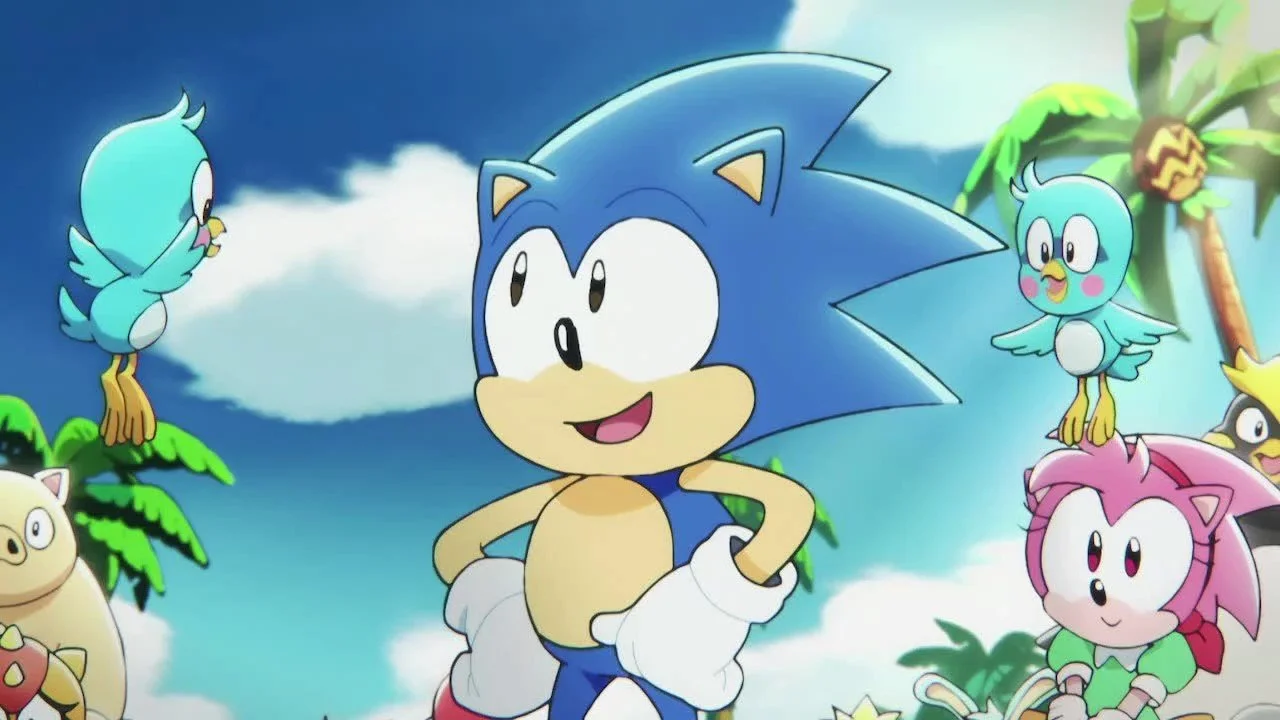
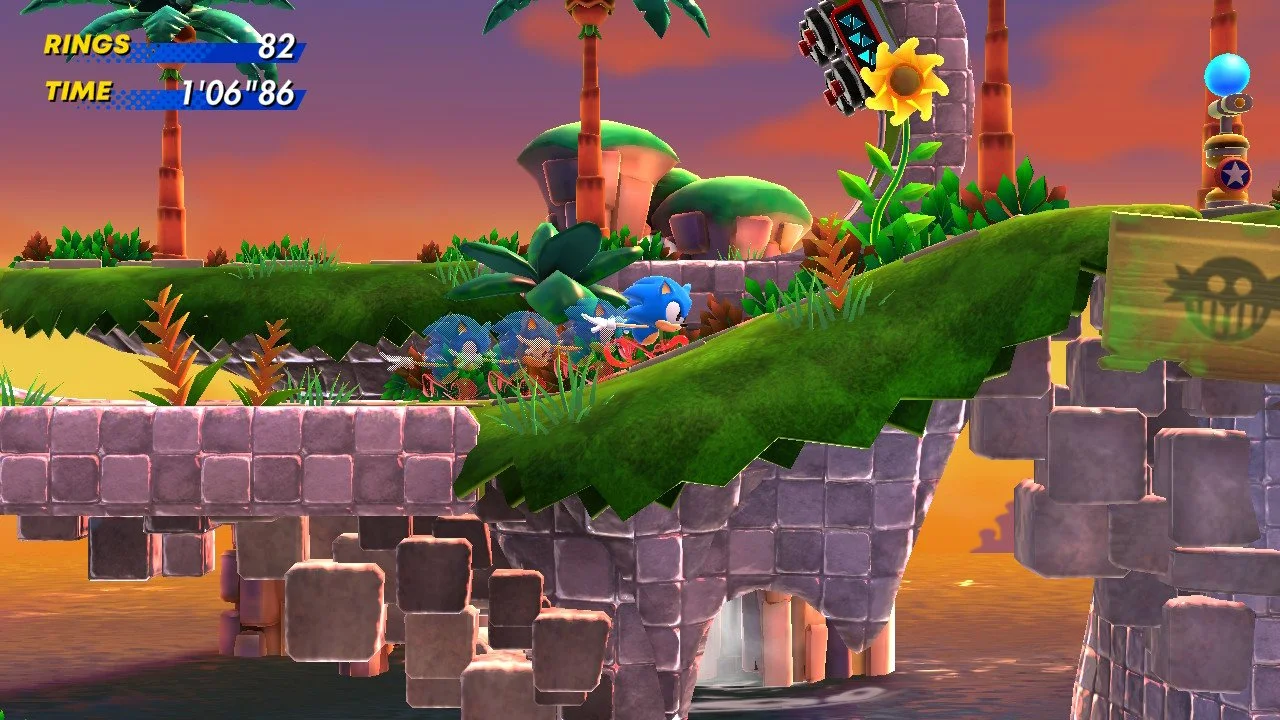
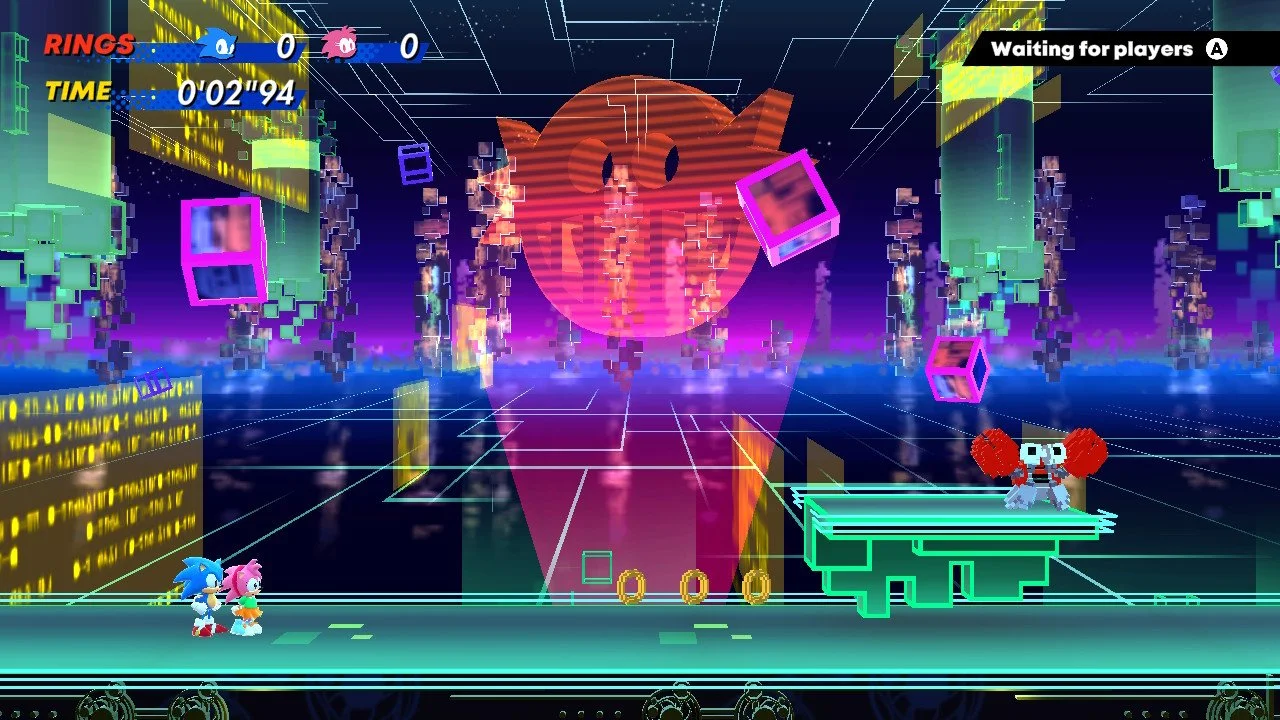
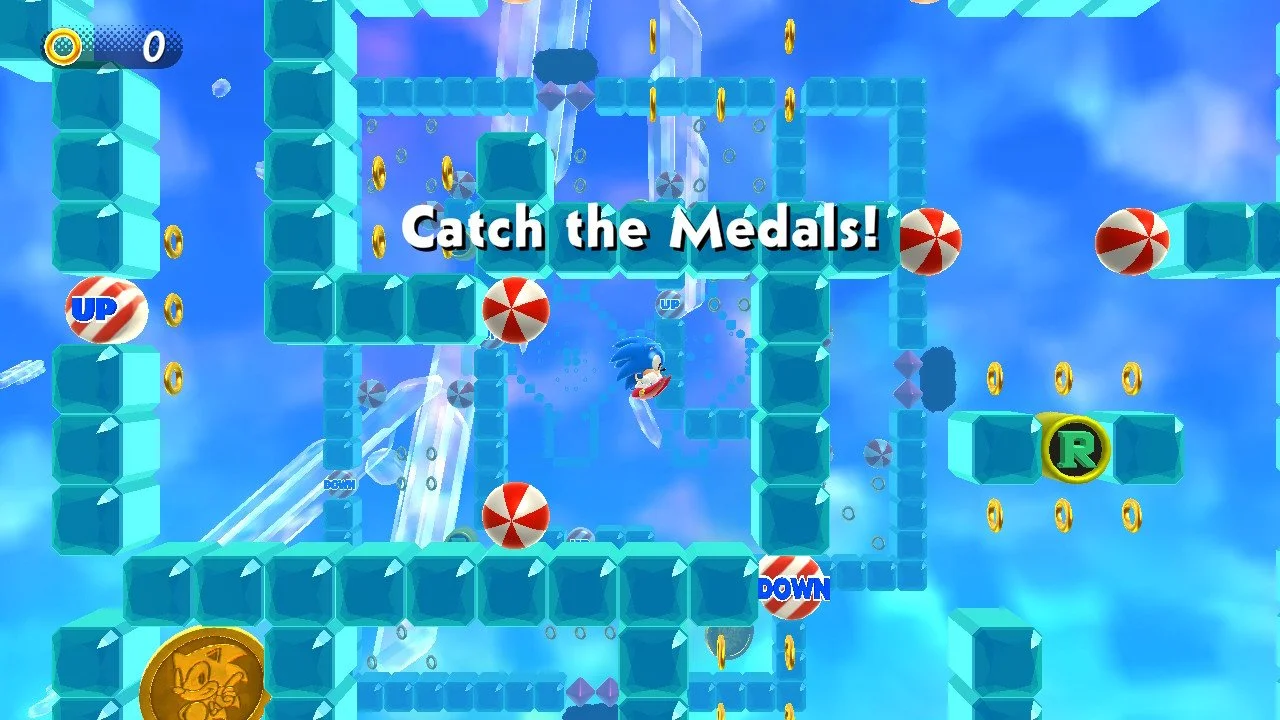
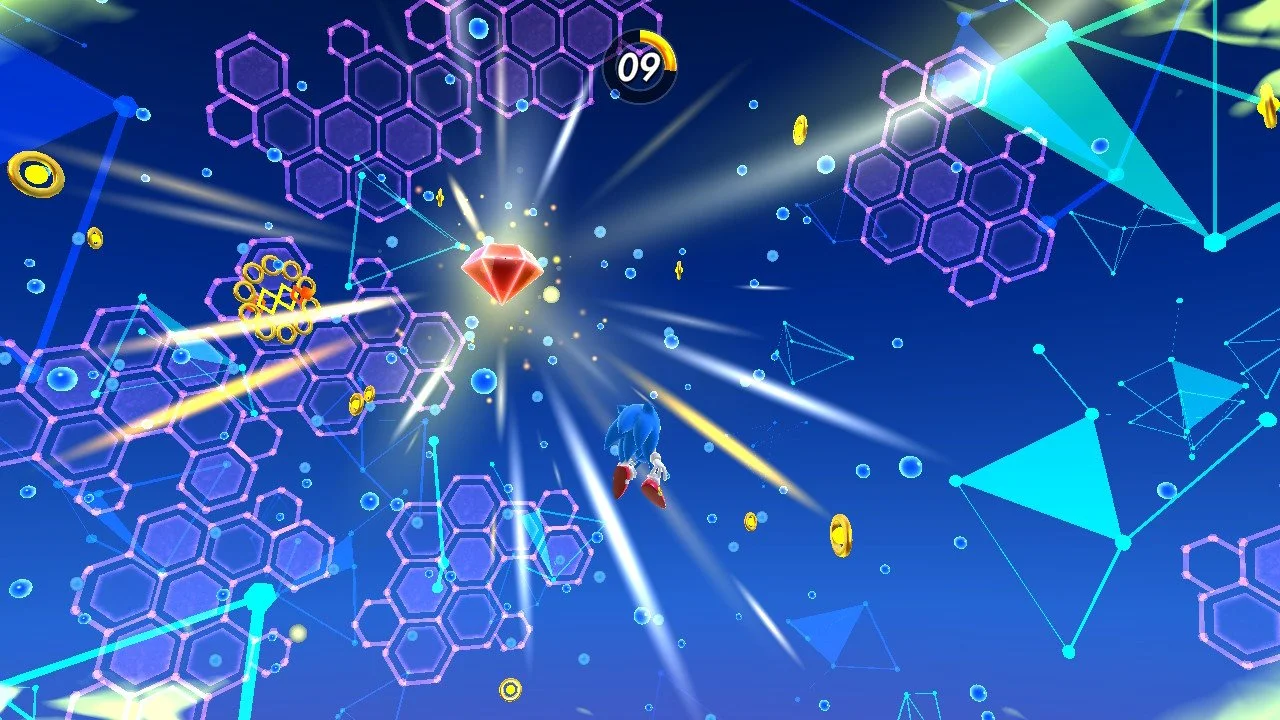
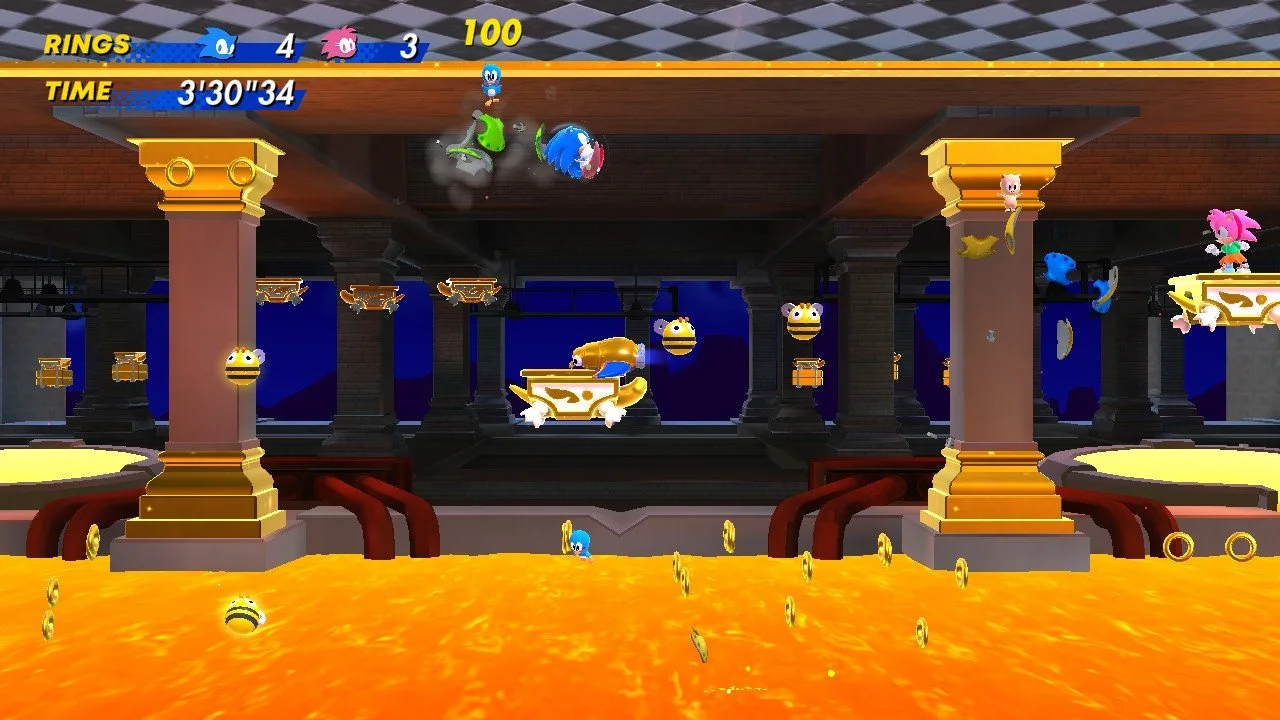
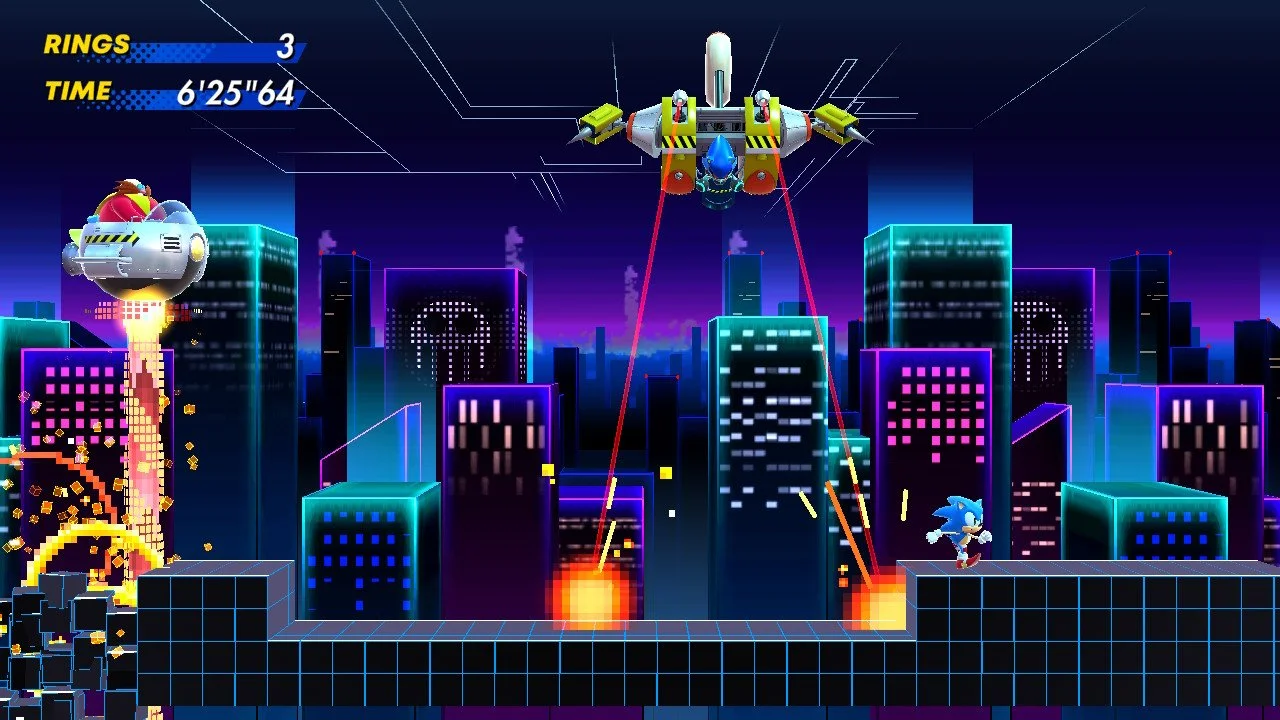



SEGA and Ryu Ga Gotoku Studios put a ton of love and care into Yakuza Kiwami 2, and it runs flawlessly on Switch 2. If you’re like me and itching for a reason to take a plunge into the Yakuza universe, there’s no better time than the present.